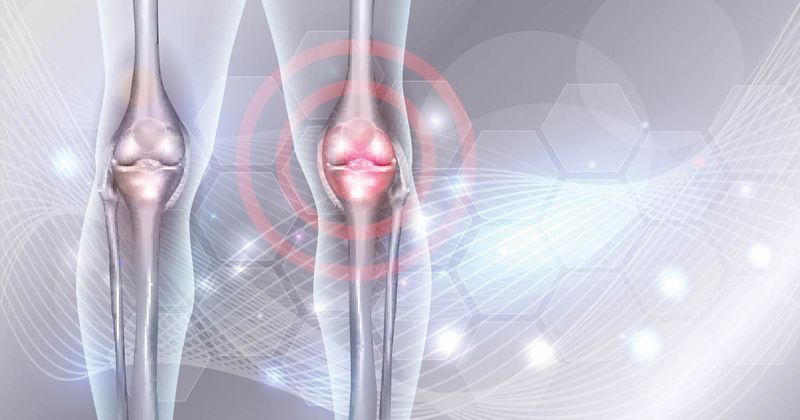Infection
Prolonged antibiotics may alter microbiology of recurrent infections after reimplantation
August 08, 2023
2 min read
Source/Disclosures
Published by:
Certain L, et al. Paper 1110. Presented at: Musculoskeletal Infection Society Annual Meeting; Aug. 4-5, 2023; Salt Lake City (hybrid meeting).
Disclosures:
Certain reports no relevant financial disclosures.
Key takeaways:
- Patients in the prolonged antibiotic and non-prolonged groups had recurrent PJI rates of about 13%.
- The proportion of organisms sensitive to tetracyclines decreased with prolonged antibiotics.
Extended oral antibiotics may alter the microbiology of recurrent prosthetic joint infections following two-stage reimplantation, according to data presented at the Musculoskeletal Infection Society Annual Meeting.
“In conclusion, it does appear that prolonged antibiotics likely alter the microbiology of subsequent infections,” Laura Certain, MD, PhD, said in her presentation. “We did not see a benefit of extended oral antibiotics in this study, but again, that is probably due to the way it was designed.”
In the retrospective study of data for 421 patients who underwent two-stage reimplantation for prosthetic joint infection (PJI) at four different academic medical centers from 2014 to 2020, Certain and colleagues evaluated whether prolonged antibiotic therapy increased antibiotic resistance and subsequent recurrent infections following two-stage reimplantation.

Laura Certain
Patients were categorized into two groups with one group receiving at least 2 weeks of oral antibiotics at the time of two-stage reimplantation, while the other group did not. The study had a minimum follow-up period of 1 year.
“We looked at the recurrence of PJI in the same joint, defining PJI clinically, and we also then looked at the microbiology of that recurrent PJI,” Certain said. “For every organism isolated from a recurrent PJI, we looked at the resistance to oral beta-lactams, tetracyclines, clindamycin and trimethoprim-sulfa. Then for each class of antibiotics, every organism was reported as sensitive, resistant or unknown, with unknown meaning that that organism was not tested against that class and does not have a predictable susceptibility profile.”
Researchers found the rate of rheumatoid arthritis was higher in patients who had taken extended oral antibiotics compared with patients who did not. Certain said the rate of recurrent PJI was the same in both groups, at about 13%.
“But again, the study was not designed to test the efficacy of this practice and there is inherent selection bias in who is given antibiotic therapy,” Certain said.
In addition, Certain noted the proportion of organisms that were sensitive to any given antibiotic class was decreased in the extended oral antibiotics group compared with the group that did not receive prolonged antibiotics. However, she said this association was only statistically significant in the tetracycline class.
“I think it is worth noting that doxycycline may be particularly prone to selecting for resistance in the skin microbiome,” Certain said.
“Data collection is ongoing in an effort to increase our numbers, and we also would like to look at no antibiotics after stage two vs. 2 weeks of antibiotics vs. the extended 3-month course,” she said.


